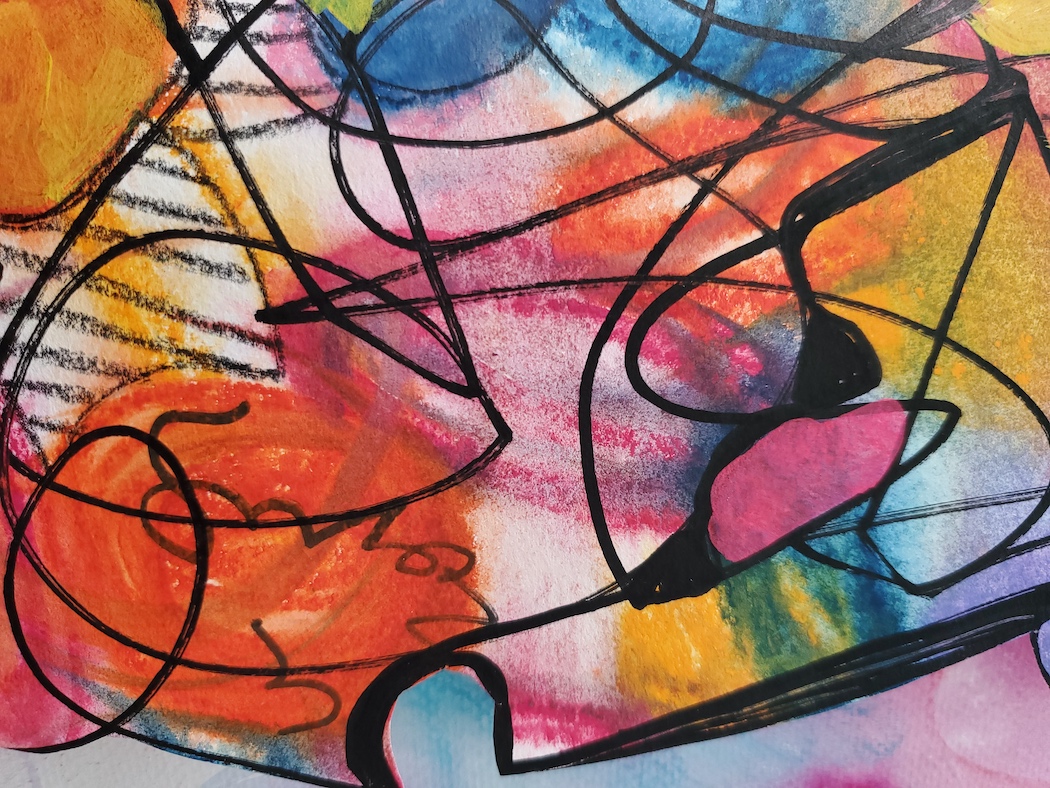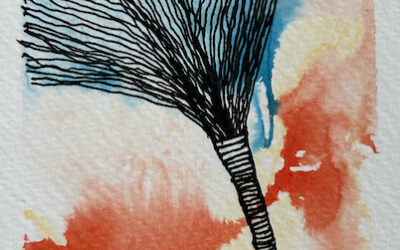Our lives depend on our staying powerfully, deeply, collectively engaged.
I am so angry with the Supreme Court decision overturning Roe v. Wade. It’s hard to come up with words to address the intensity of this moment that we’re in.
It is clear that we have a Supreme Court that has no respect for us – especially those of us who are Black and Brown, who are LGBTQI, who are impoverished, who are women. This decision is institutionalized hatred, the result of decades of intentional work to disenfranchise a majority of this country and disrespect our rights and our bodies.
I am overwhelmed with grief. I feel betrayed on so many levels and don’t know how to find sweetness – except in slowing down and breathing, and learning more about the roots of how we got here so that I can see what threads we might grab to disentangle where we are.
What can we do? How do we move from despair to action?
These are some of the things that I’m reaching for to help move me through this moment. Some of the actions are internal and some are external.
1 ) First of all, the importance of listening to, and feeling our emotions. I go back to this list of questions. I am reminded that anger has to do with boundaries, rules and behaviors. The questions that we can ask when we feel anger include: What do I value? What must be protected and restored?
2) Resmaa Menakem author of My Grandmother’s Hands: Racialized Trauma and the Pathway to Mending Our Hearts and Bodies had an interview with Krista Tippett in which he talks about white body supremacy – why it’s more important than ever to get real about the ways that race and racism is held in the body, not just the intellect, if we want to make a new way of being.
Rereading Menakem’s interview, I am reminded of the vagus nerve, a set of nerves that links your brain with your entire body and is responsible for various internal functions such as digestion, heart rate and immune response and even mood.
Menakem provides numerous exercises to help us settle our bodies so that we can literally strengthen our capacity to be uncomfortable, have difficult conversations and grapple with challenges that cause us profound distress.
3) So, prompted by Menakem’s work, I’m taking time to be kind to myself, to mind my body and notice how I’m breathing, to hum, one method of soothing the vagus nerve and settling the nervous system.
4) Jamelle Bouie writes about the nuts and bolts of what we need to do to address the court’s regressive rulings and reminds us that the court does NOT exist above the constitutional system. He says in a recent article:
“It is tempting, in the immediate wake of the court’s ruling in Dobbs v. Jackson Women’s Health, to say that there’s nothing to be done about the reactionary majority on the court. But that’s just not true. The Constitution provides a number of paths by which Congress can restrain and discipline a rogue court.
It can impeach and remove justices. It can increase or decrease the size of the court itself (at its inception, the Supreme Court had only six members). It can strip the court of its jurisdiction over certain issues or it can weaken its power of judicial review by requiring a super majority of justices to sign off on any decision that overturns a law. Congress can also rebuke the court with legislation that simply cancels the decision in question.”
5) And this poem by Mary Oliver, Don’t Hesitate, shared by a dear friend, starts off by saying,
“If you suddenly and unexpectedly feel joy, don’t hesitate. Give in to it. There are plenty of lives and whole towns destroyed or about to be.
We are not wise, and not very often kind. And much can never be redeemed. Still, life has some possibility left . Perhaps this is its way of fighting back.”
I encourage you to read the full poem.






